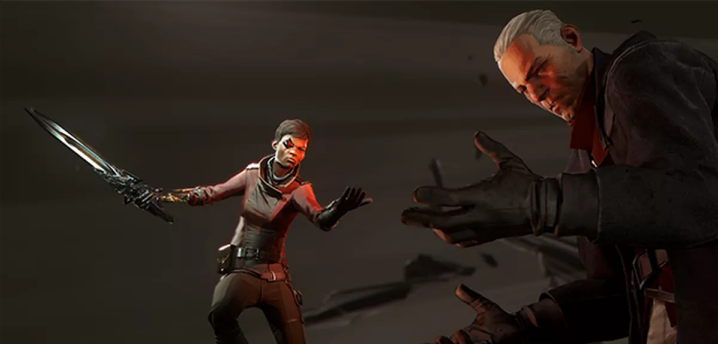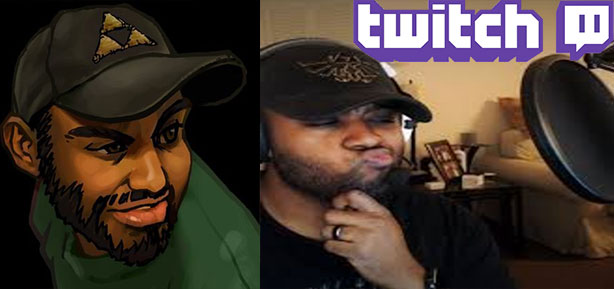Since I’ve been writing about game design and the amateur mafia community I’ve been playing with, I’ve noticed more and more how little information there is, in an academic sense, on the processes of game design. A colleague recently came to me for suggestions on behalf of one of her students who wanted to research game design. I offered up what I could – talks at GDC, Gamasutra, a handful of things to research from journals – but that latter set of suggestions was thin.
I thought, for a time, that I was alone in this, that there were resources that I just couldn’t find. But after discussing this frustrating chase of good research with a professor at another institution, I realized this is a widespread issue. I wrote about it a little in my first post on studying my Mafia community, this lack of knowledge, but at the time, I was mostly lamenting the lack of access to things like game bibles and scripts. Since I’ve been working on this ongoing project, it’s the lack of research I’m struggling more with now, and why I think work like this study of the Mafia community is important. The scholarship we do have on hand is excellent, in depth, insightful, and useful in working to build a glimpse into the work of games. It’s just that there’s so little.
I understand the need to protect games-as-properties, and to protect employees; I’ve addressed that, too. But as a teacher, I also understand the need for students to have access to information about design without always having to do the work of deconstruction. Deconstruction is useful as one way of teaching us how and why, but it’s guesswork, and would be most effective in concert with other explorations of how and why—and that’s what we don’t have. We can’t put students to work with designers unless they luck into internships, and even then, there’s no telling what actual job functions they’ll be performing. If we can’t do that, and we don’t have the data of the day-to-day of game design, what can we do?
This is why I’m studying Mafia games. I’ve added a co-researcher, who is delightful, and she’s really hit this pedagogical potential angle hard, and for good reason. There are countless communities out there doing what we do with the Mafia games, with different levels of documentation… and there are communities running game jams and sharing code and tips. The interactive fiction community is thriving, with tons of members talking, sharing ideas, testing, and helping one another. Modders dig into code, adjust, adapt, share, and discuss. When you look beyond the professional studios, the possibilities are endless, and those communities can be studied. They can be accessed. They love to tell you about what they’re doing, because they’re proud, and since they’re usually not selling their products, recognition of the work is about as good as it gets. And for teachers and students? That accessibility opens doors we could barely dream about.
There are implications beyond gaming, too, here; in studying distributed workforces, remote collaboration, and telecommuting, amateur communities are equally fruitful sites for study and reflection. And again, they are accessible, they are available, and unlike many professional environments, invite intrusion. “Intrusion” is how they grow. My mafia community has been supportive and lovely about my research, and partly that’s because I’m also a player, and a designer (and now an admin), but I believe they would have been equally welcoming to an outsider. They love to rehash old games and old discussions; lore is alive and well because it represents a shared history, a connection that keeps these people playing together despite spending weeks at a stretch accusing one another of lying.
So I suppose what I’m doing is inviting others into this space. More research means more data, and more opportunities to discern how we translate amateur community practices to professional practice. And, if it pans out? It means a whole new world of access for the next generation of game designers.
You can reach Alisha at her website.




